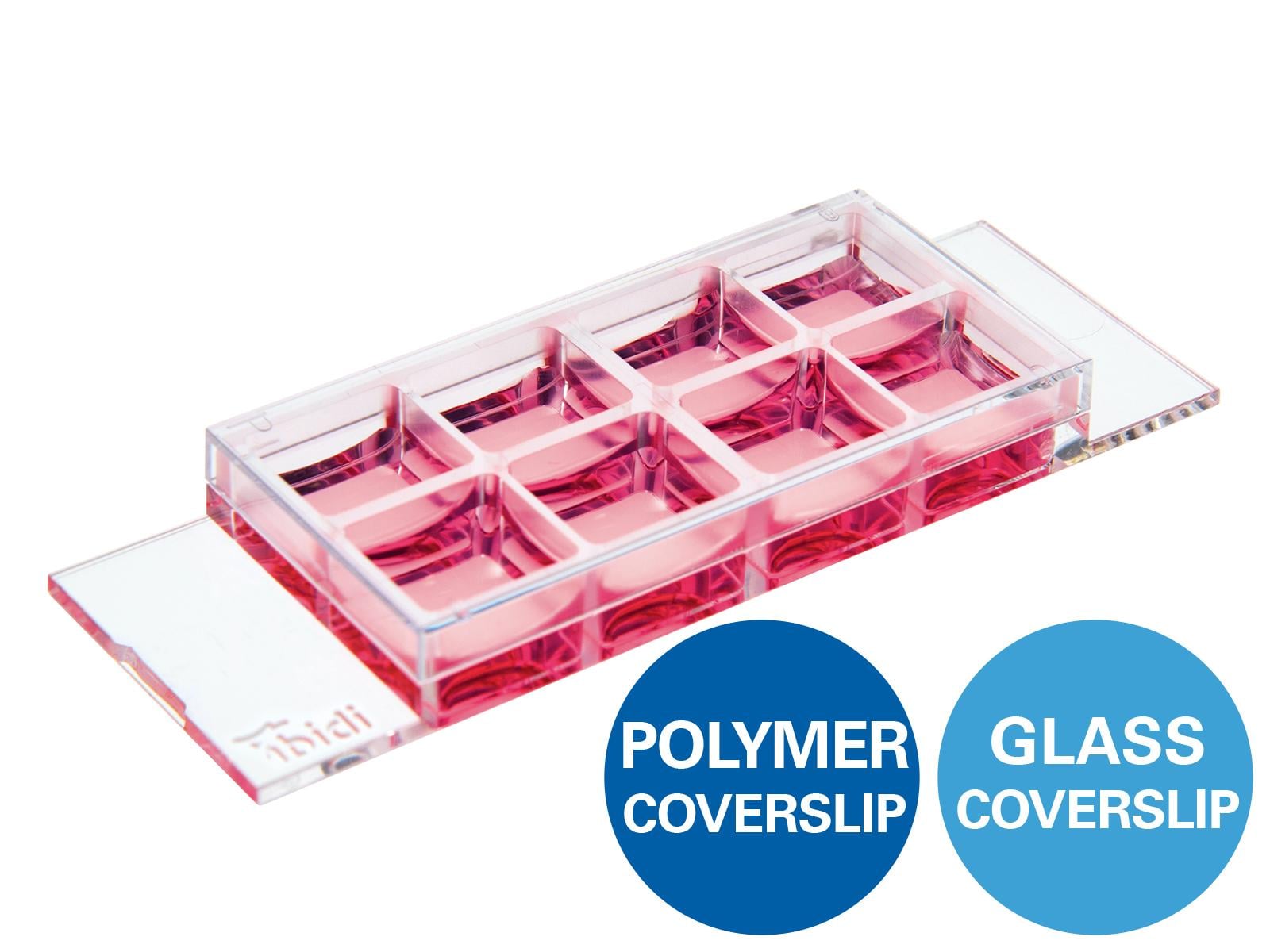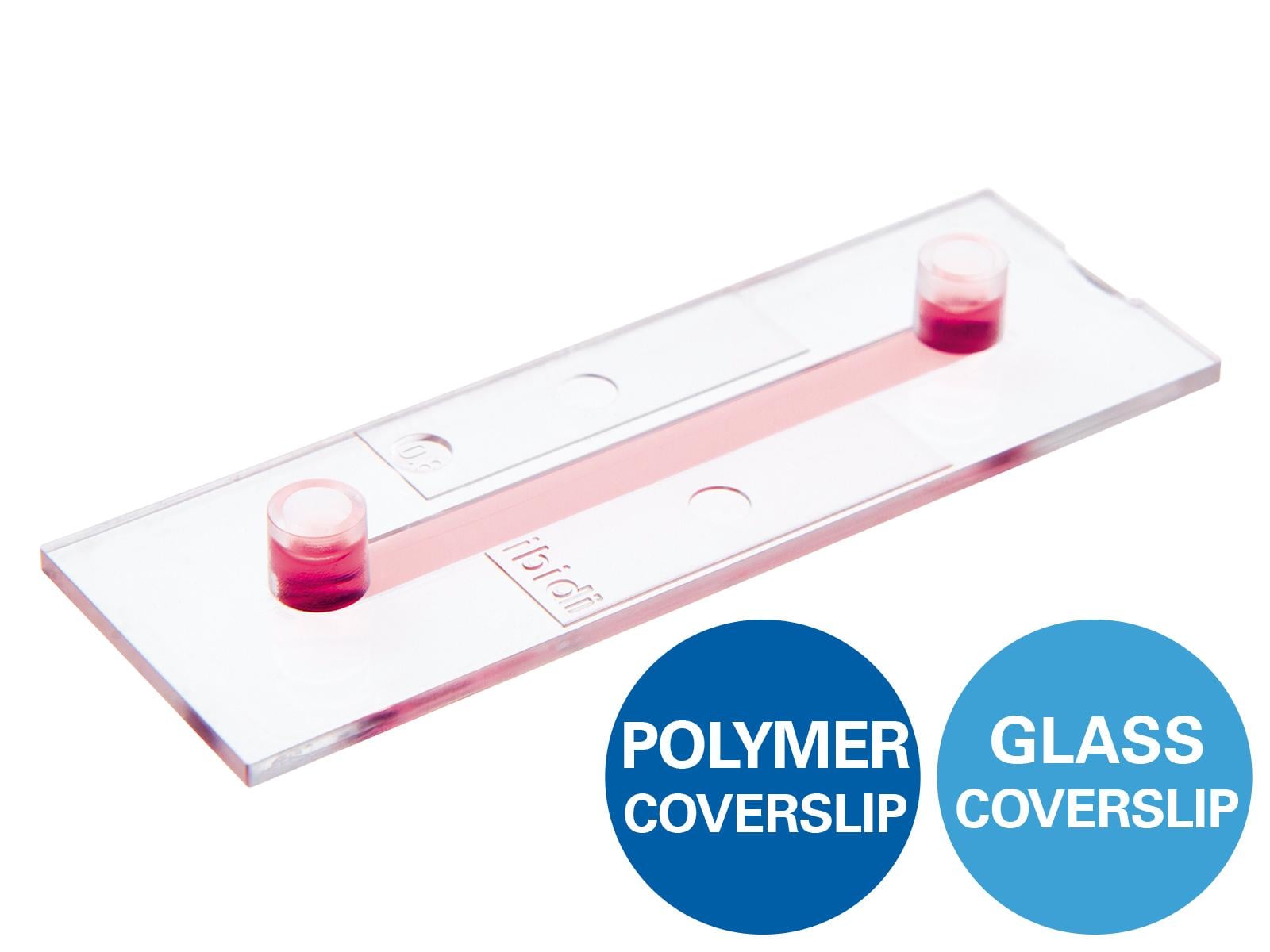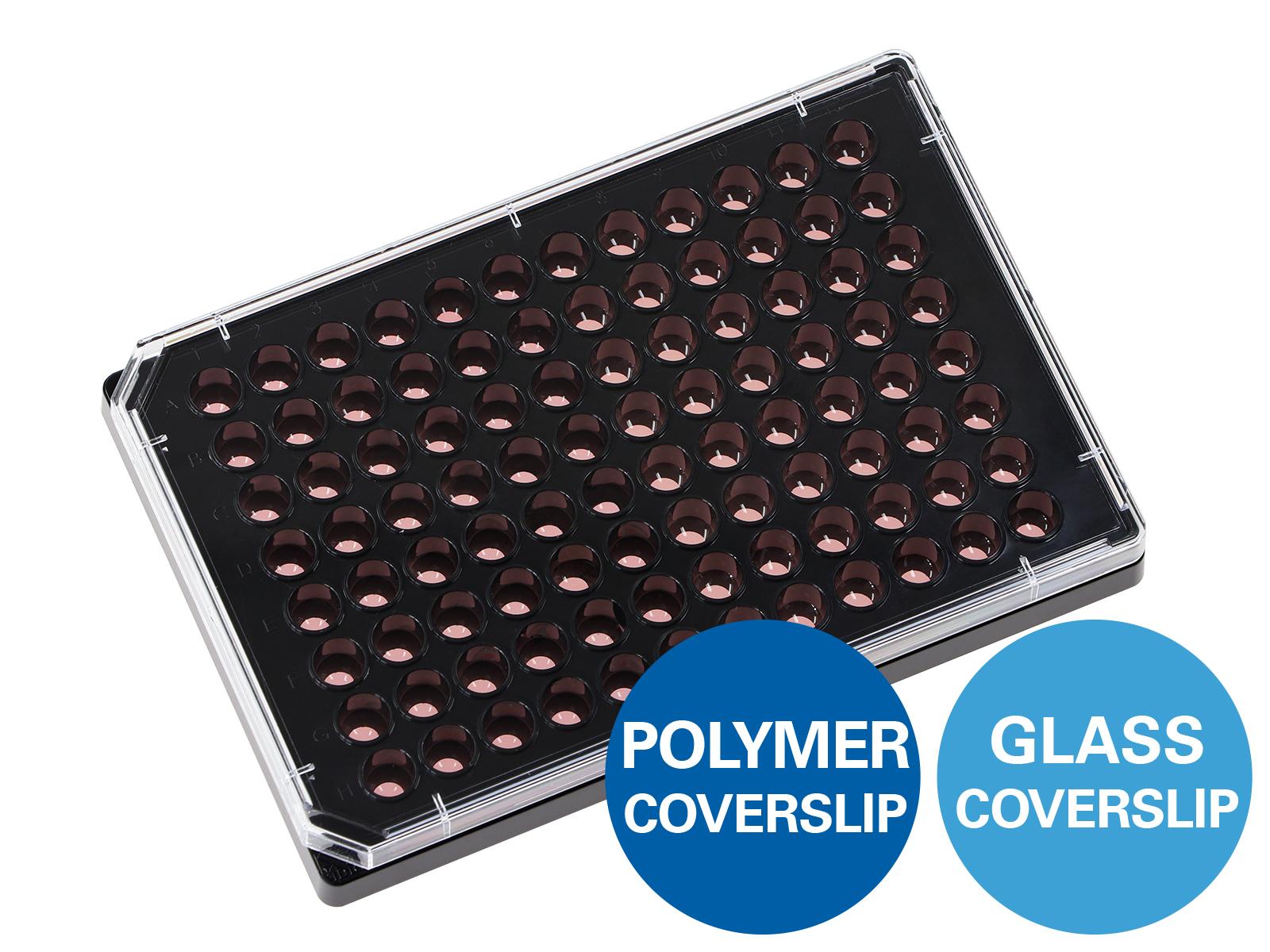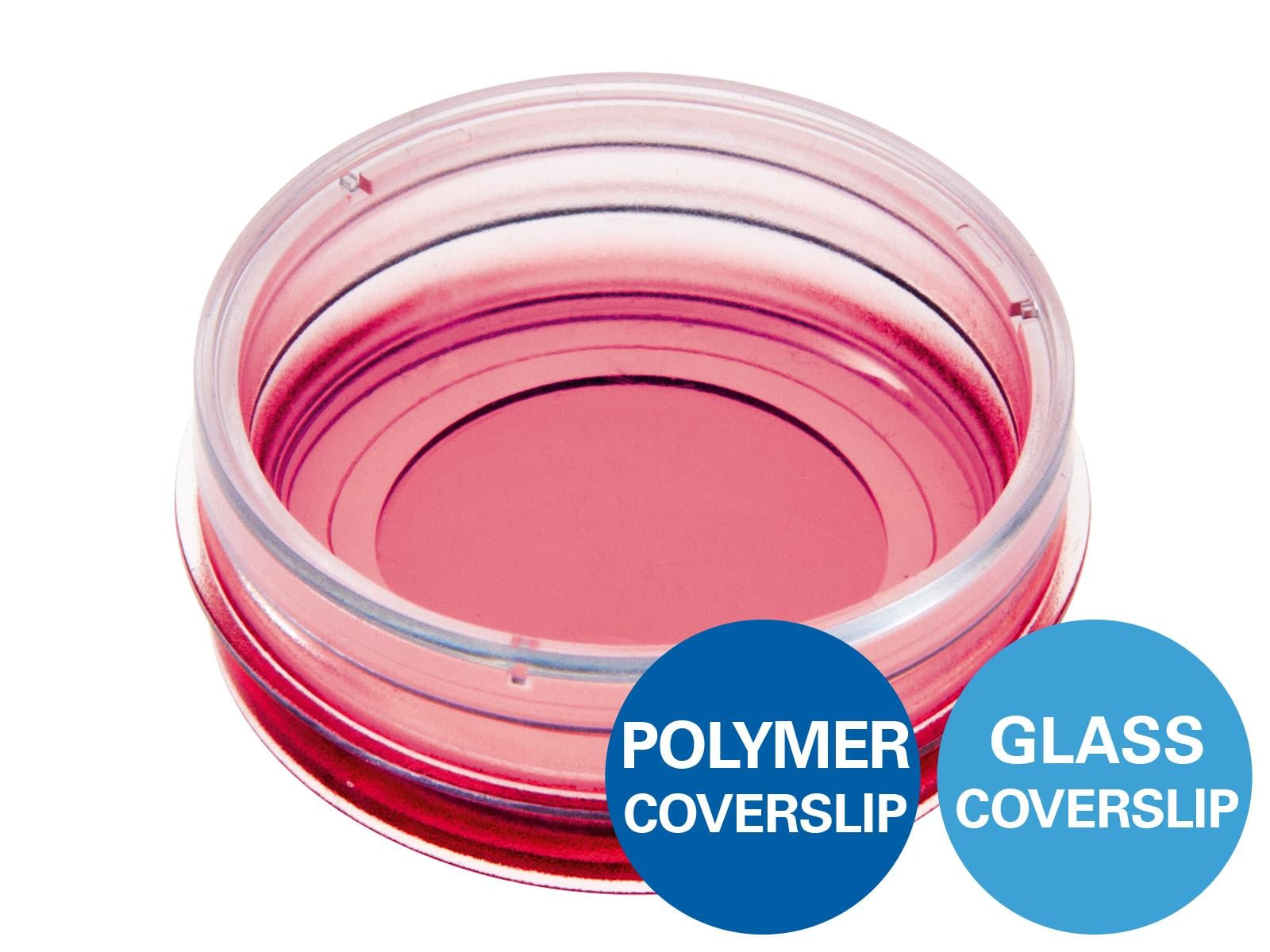
4th ibiTea on November 16, 2021: This event took place in the past, the registration is closed.
Endothelial Cells: Going with the Flow
These topics are waiting for you:
Force-Sensing by Endothelial Cells for Migration and Angiogenesis
Presented by Dr. Stephan Huveneers, Amsterdam UMC, University of Amsterdam, The Netherlands

HUVECs immunostained for VE-cadherin (red), vinculin (green), and nuclei (blue)
Going With the Flow: Regulation of Endothelial Cell Function by Shear Stress
Presented by Prof. Dr. Henning Morawietz, University Hospital and Faculty of Medicine TU Dresden, Germany

Translocation of transcription factor Nrf2 (red) in response to arterial shear stress into the nucleus of endothelial cells was shown by immunofluorescence (VE-cadherin, green; Bar, 100 µm) (Goettsch et al., Basic Res. Cardiol., 2011).
ibiTea Topic Outline
The endothelium responds to mechanical forces through cell-cell junctions and cell-matrix interactions. Differences in the actomyosin activities between a leader and follower cell cause asymmetry at the junctional interface and result in differential YAP/TAZ activation. Stephan Huveneers will share an overview of his recent findings of molecular events, which take place at VE-cadherin- and integrin-based adhesions that support the guidance between the endothelial leader and follower cells during collective migration and angiogenesis.
In the second presentation, Henning Morawietz will give an overview of the response of endothelial cells to shear stress. He will show how to apply shear stress to endothelial cells with a plate-cone viscometer and the ibidi Pump System. The endothelial gene expression is differentially regulated by arterial or venous shear stress. Therefore, monocyte adhesion and wound healing assays under flow conditions were investigated. The group of Professor Morawietz is highly interested in the impact of cardiovascular risk factors like cigarette smoke extract on the flow-dependent regulation of endothelial cell function.
Speakers

Stephan Huveneers, PhD
Amsterdam UMC, University of Amsterdam,
The Netherlands
Stephan Huveneers is an Associate Professor of the Vascular Microenvironment and Integrity lab at Amsterdam UMC, University of Amsterdam. His group investigates the role of molecular events at endothelial adhesions within the context of the blood vessel wall. The use of live fluorescence microscopy approaches is a key signature of their studies. Dr. Huveneers has authored 53 peer-reviewed papers, published in, for example Nature Communications, Journal of Cell Biology, Journal of Cell Science, and Cell Reports.

Prof. Dr. Henning Morawietz
University Hospital and Faculty of Medicine
TU Dresden, Germany
Henning Morawietz is Professor and Head of the Division of Vascular Endothelium and Microcirculation at the University Hospital and Faculty of Medicine of the TU Dresden. After his habilitation in genetics, physiology, and pathophysiology in Halle, 2001, he was appointed as Professor of Vascular Endothelium and Microcirculation at the Medical Faculty of the TU Dresden, Germany, in 2003. His research group studies the impact of shear stress on endothelial cells, voluntary running on endothelial function in transgenic models of atherosclerosis and cardiovascular risk factors, and pharmacological therapies on vascular function in clinical studies.




